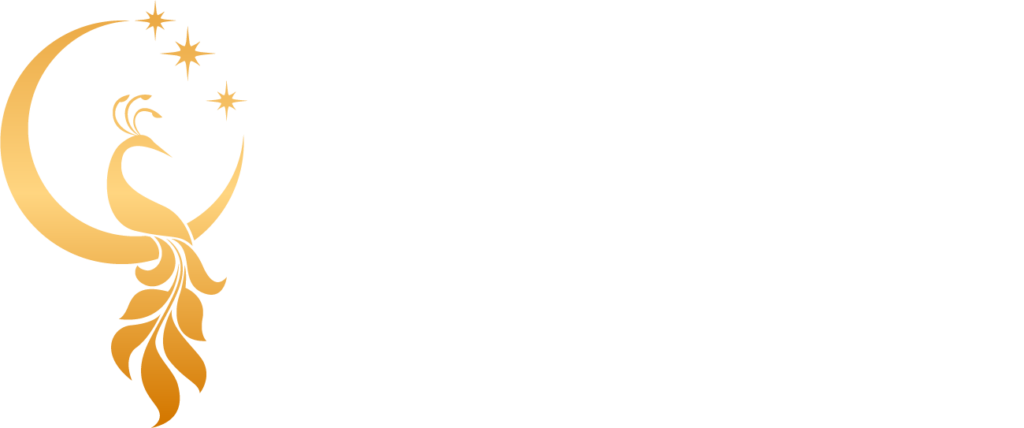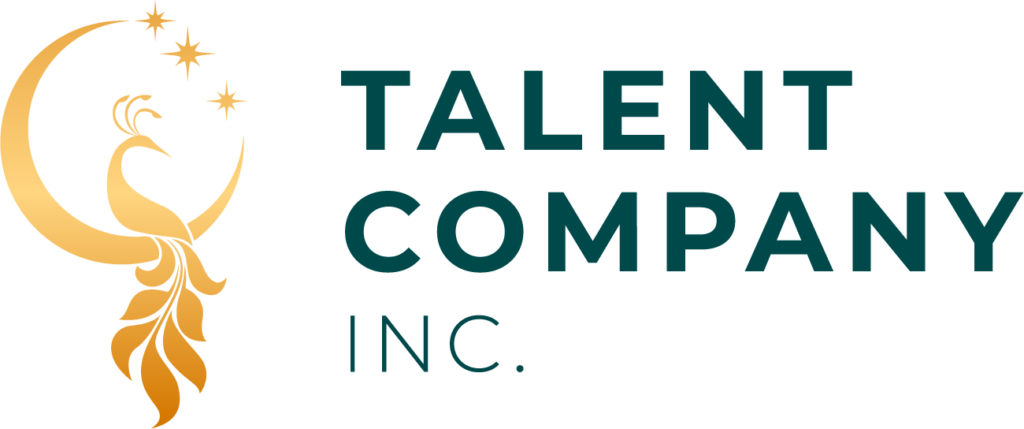In my last article, I talked about three of the fatal assumptions that hiring leaders make, along with my solutions that could help to mitigate these mistakes.
Today, I’m back with more of the same, sharing three more of the mistakes that I’ve seen people making across a whole range of different industries. These mistakes are easy to make and even easier to fix, but if you don’t take the time to address them then your company is going to struggle to attract the talent that it needs and deserves.
Let’s get started.
More Fatal Assumptions That Hiring Leaders Make
1. Assuming that people without an online presence aren’t tech savvy
In this day and age, hiring managers often expect people to be active on social networks, especially sites like Twitter and LinkedIn. They’ll assume that if people don’t have an online presence, they’re either not technically savvy or they’re not motivated in their job.
My counter argument is that maybe they just have different priorities. Being active on LinkedIn is no reflection of whether they’re good at their job or not. I know a ton of people who don’t use LinkedIn and are great at their jobs. They just choose to spend their time on self-improvement and carrying out their duties instead of trying to build their brand on LinkedIn.
2. Looking for people who’ve done the exact job they’re hiring for
A lot of people are looking to hire people who’ve done exactly what they need their new hire to do, but here’s the thing. Great people don’t want to do the same thing over and over again.
True, we all like a little consistency, but we also want to be challenged and to learn new skills. I’ve heard it said that you’re not growing unless you’re uncomfortable. I say, look at whether they’ve carried out other projects from scratch, but don’t obsess too much about whether they’ve done exactly what you’re looking for.
3. Discounting people from different-sized companies
It’s a well-known stereotype that if you work for a large company, it’s hard to make the transition to a smaller one. I agree with this to an extent, but there are always exceptions to the rule.
Small companies are usually scrappy and don’t want everything to be laid out for them. People seem to think that at bigger companies, people have everything done for them by their team and they don’t have to show any individual initiative.
A lot of the time, it comes down to personality. Is the person you’re hiring the type of person that will dig in and get involved, or do they just want to be a leader? And what kind of person do you need at your company? Don’t just dismiss them outright because they’re used to working for a company of a different size.
Conclusion
Now that you know a few more of the fatal assumptions that I keep seeing, I want to hear from you. Be sure to let me know some of the fatal assumptions that you’ve seen recruiters making so that I can shout you out in another article if I decide to keep this series going!
In the meantime, thanks as always for reading and be sure to give me a follow on your social networking sites of choice for more. I’ll see you soon for another article!


